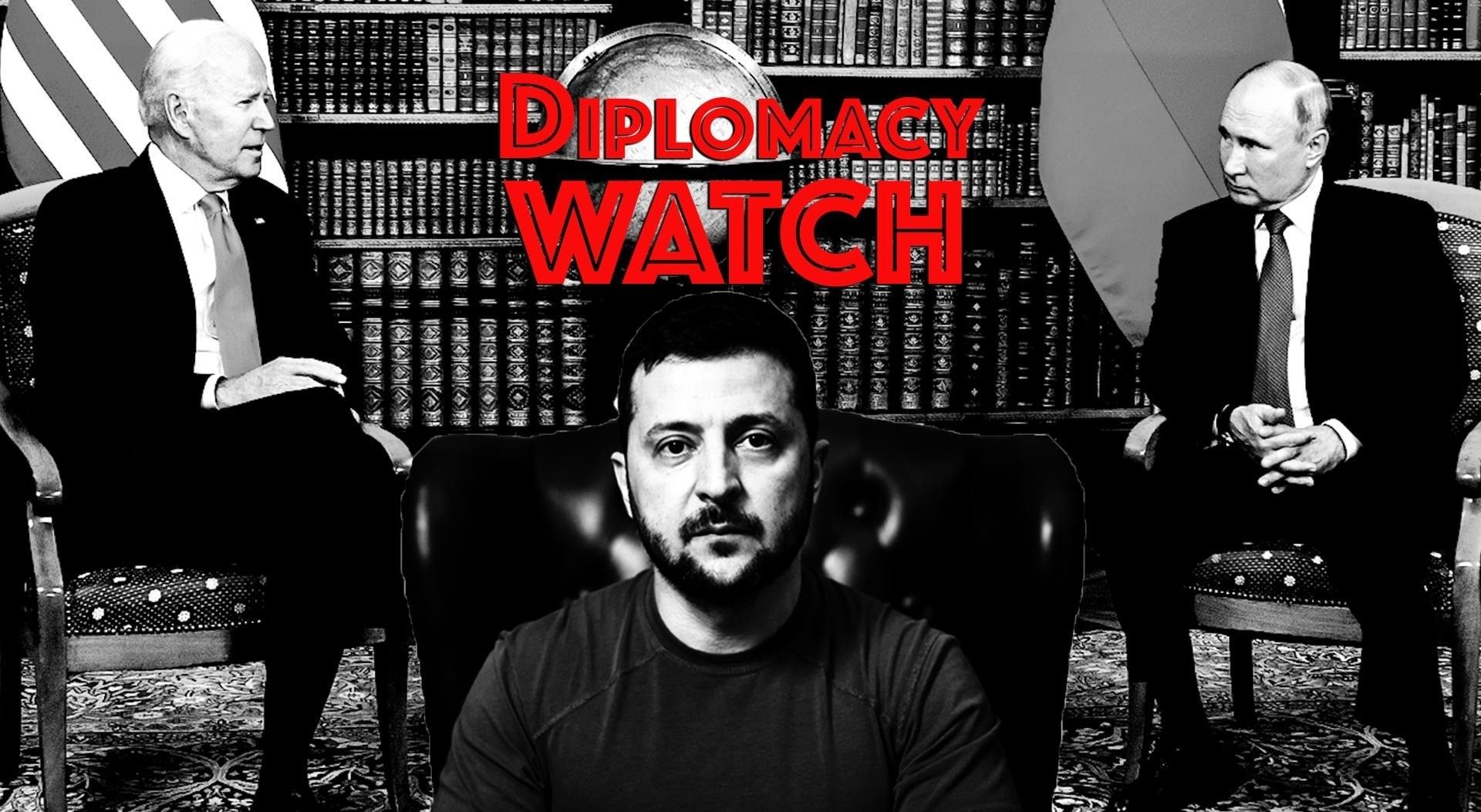For the first time since the February 2022 Russian invasion of Ukraine, the Ukrainian military this week launched what appears to be a major operation inside Russian territory, raising questions about why Kyiv is doing this now, what its overall strategic goals are, and whether Ukraine is violating prohibitions on the use of U.S.-supplied weapons inside Russia.
While Ukrainian officials have so far largely remained quiet about the operation, Russian sources are saying that the assault has involved at least 1,000 Ukrainian troops (quite possibly thousands more) supported by tanks, armored vehicles, drones and artillery. Those forces have reportedly advanced as far as six miles from the Ukrainian border into the Kursk region of Russia, toward the town of Sudzha, where Russian natural gas flows into Europe through a pipeline in Ukraine.
According to Reuters, some pro-Russian bloggers are also saying the Ukrainian forces are advancing toward a nuclear power station almost 40 miles northeast of Sudzha, but that claim has yet to be verified.
While some observers have questioned the strategic value of such a Ukrainian operation, possible motives could be to show Russians that they are increasingly vulnerable as the war drags on, to stop gas flows into Europe, to boost Ukrainian morale, or to force Moscow to redeploy defense forces from elsewhere along the Ukrainian front.
Or, the assault could be related to larger diplomatic efforts. According to the Washington Post, Mykhailo Podolyak, an adviser to Ukrainian President Volodymyr Zelensky, said on Ukrainian TV this week that — without specifically referencing the assault — any Ukrainian incursion into Russian territory “could better Ukraine’s position during future negotiations with Russia to end the war.”
The Biden administration had previously forbidden Ukraine from using U.S.-supplied weapons for any attacks inside Russian territory in an effort to prevent escalating the conflict. However, President Biden relaxed those rules in May, saying that the Ukrainian military could hit military targets inside Russia that were supporting Moscow’s offensive against the Ukrainian city of Kharkiv in the northeast. In June, the Pentagon announced that those rules would be relaxed further so that Ukraine could use U.S.-supplied weapons to attack military targets inside Russia anywhere along the border, not just near Kharkiv.
State Department spokesman Matthew Miller on Thursday said he wouldn’t comment on the Ukrainian assault but insisted that Russian attacks on Ukraine had come from the Kursk region, and thus Ukraine was adhering to the new, more relaxed policy. “Yes, in the area where [the Ukrainians] are currently operating across the Russian border we have seen attacks come from there,” he said.
In other diplomatic news related to the war in Ukraine:
— Reuters reported that Niger’s ruling junta cut diplomatic ties with Ukraine this week in response to Kyiv purportedly supporting rebel groups with ties to terrorist groups — including al-Qaida — in neighboring Mali that were fighting the Wagner Group, a Russian mercenary force. Mali’s junta had previously cut ties with Ukraine over the incident. The Russians accused Kyiv of opening an “African front” in their ongoing war in Eastern Europe.
— Quincy Institute Eurasia Research Fellow Mark Episkipos wonders whether we’ve seen a similar pattern of U.S. decision making regarding the war in Ukraine. “America’s trademark technical prowess … failed to pierce the fog of war in Vietnam because it proceeded from strategically unsound assumptions about the conflict’s broader dynamics and refused to correct course at key junctures,” he wrote this week in RS. “The variables at play in Ukraine are undoubtedly quite different, but the potential folly — wading knee deep into a protracted conflict without a realistic theory of victory — is much the same, and the stakes are similarly high.”
















